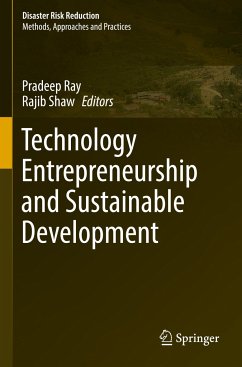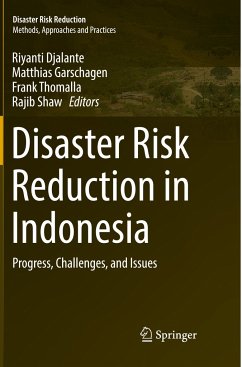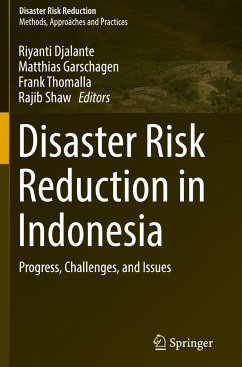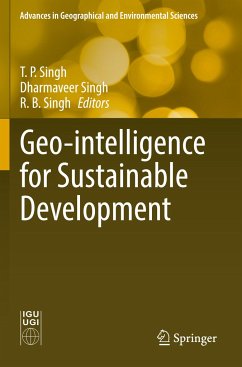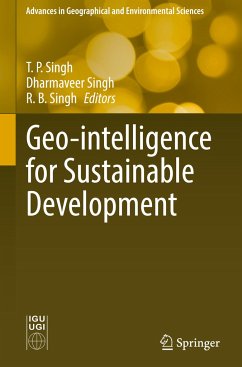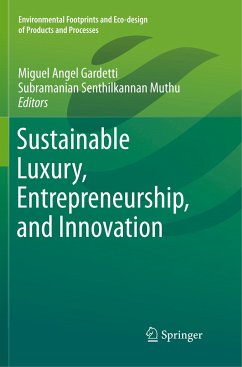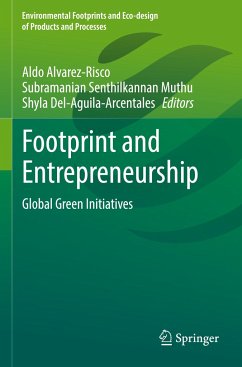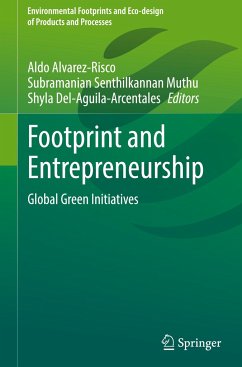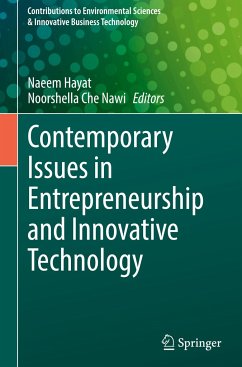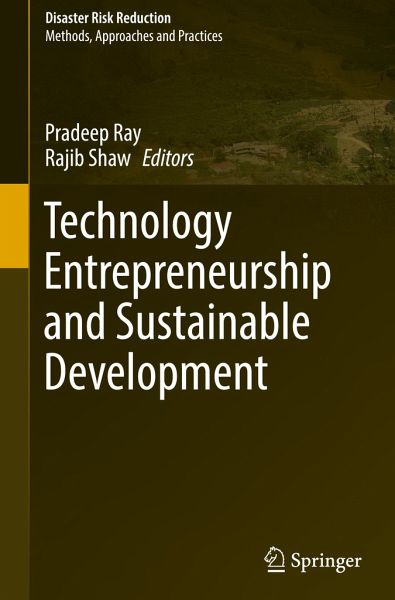
Technology Entrepreneurship and Sustainable Development

PAYBACK Punkte
49 °P sammeln!
This book discusses the need for entrepreneurship for sustainable development from the perspective of Asia, the fastest growing region in the world. The world is now witnessing a spectacular rise of technology entrepreneurship, involving mobile phones, artificial intelligence, geospatial information systems and social media. On the other hand, governments all over the world, particularly those in low and medium income countries, are facing severe resource constraints in developing the livelihood and well-being of citizens. Although many non-government organizations (NGOs) have worked on variou...
This book discusses the need for entrepreneurship for sustainable development from the perspective of Asia, the fastest growing region in the world. The world is now witnessing a spectacular rise of technology entrepreneurship, involving mobile phones, artificial intelligence, geospatial information systems and social media. On the other hand, governments all over the world, particularly those in low and medium income countries, are facing severe resource constraints in developing the livelihood and well-being of citizens. Although many non-government organizations (NGOs) have worked on various development projects in a number of social sectors such as health, education, disabilities, poverty alleviation and environment, there is still substantial scope for technological innovation, including more efficient, effective and user-friendly solutions in different parts of the world. This book is organized into 2 parts and consists of 17 chapters. The first part explores education and well-being, and the second part discusses the climate, environment and disaster management.





